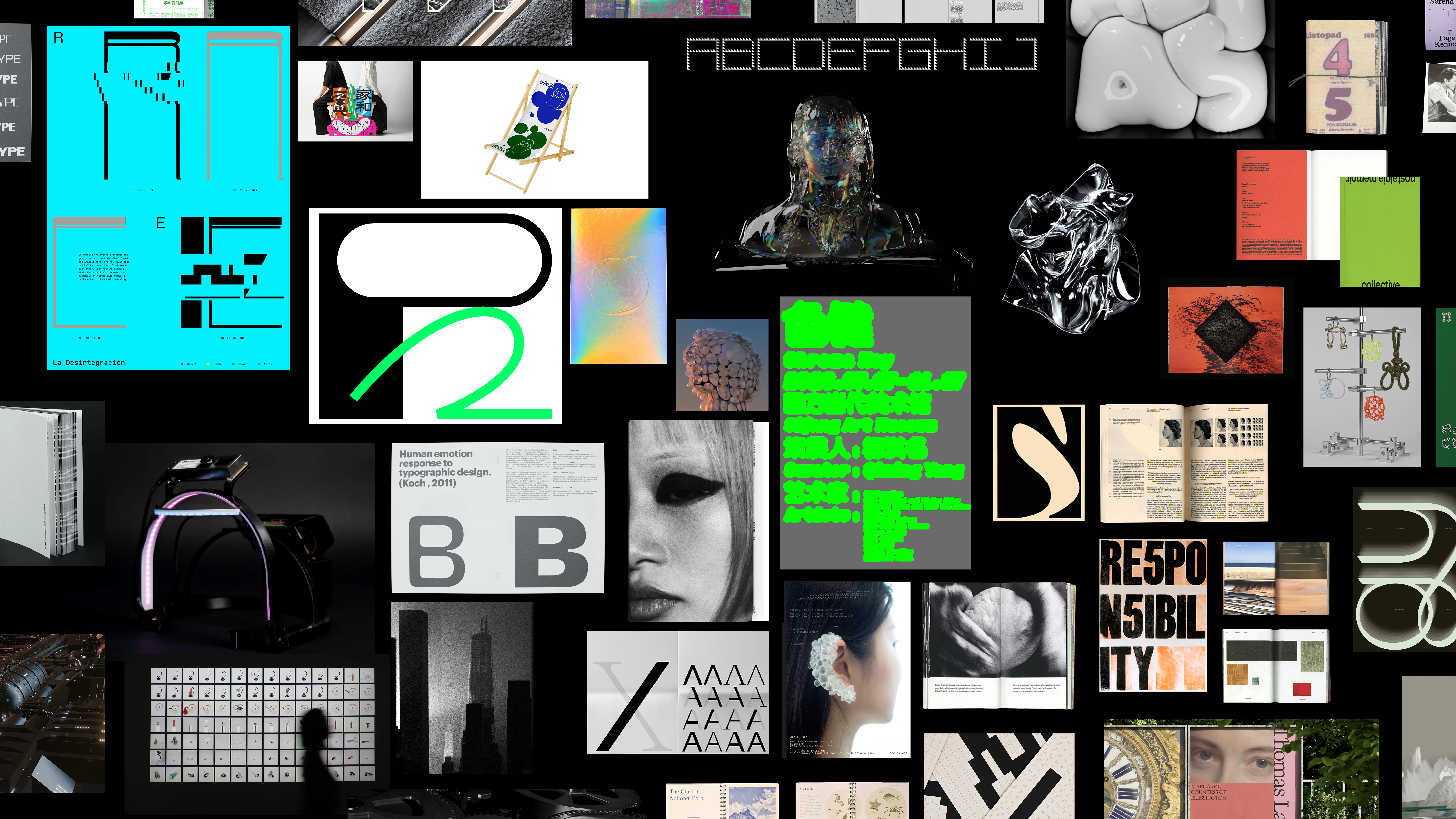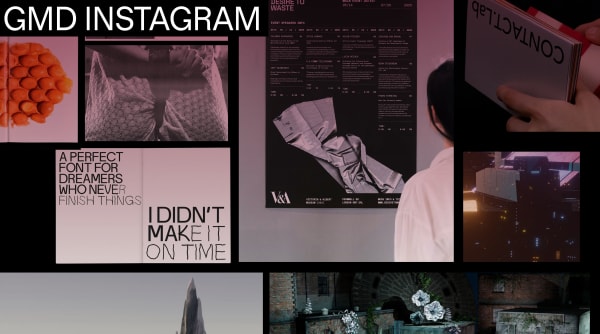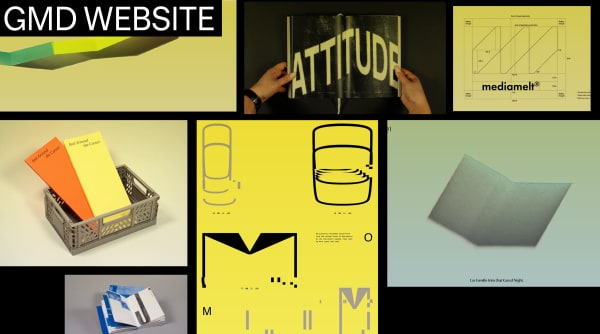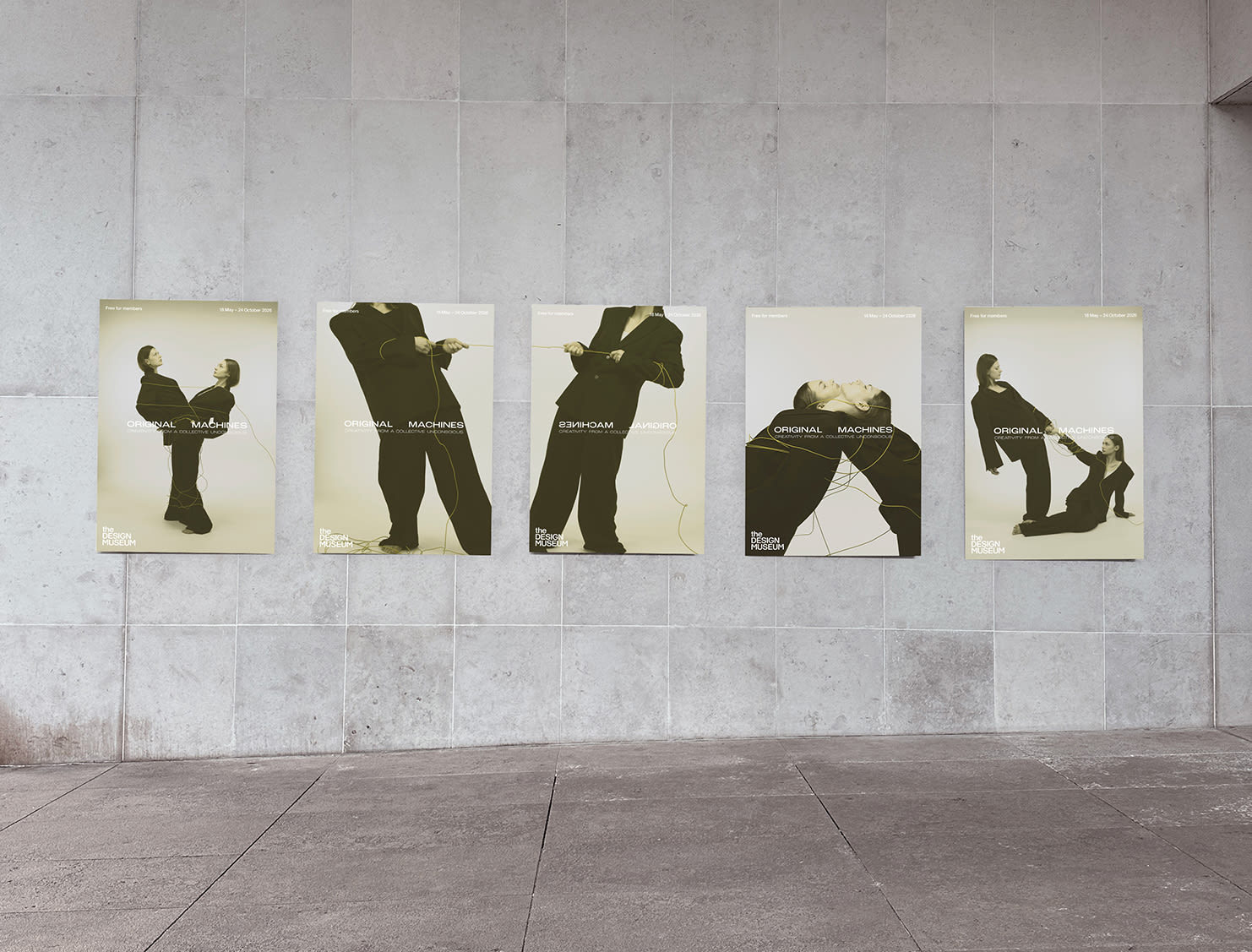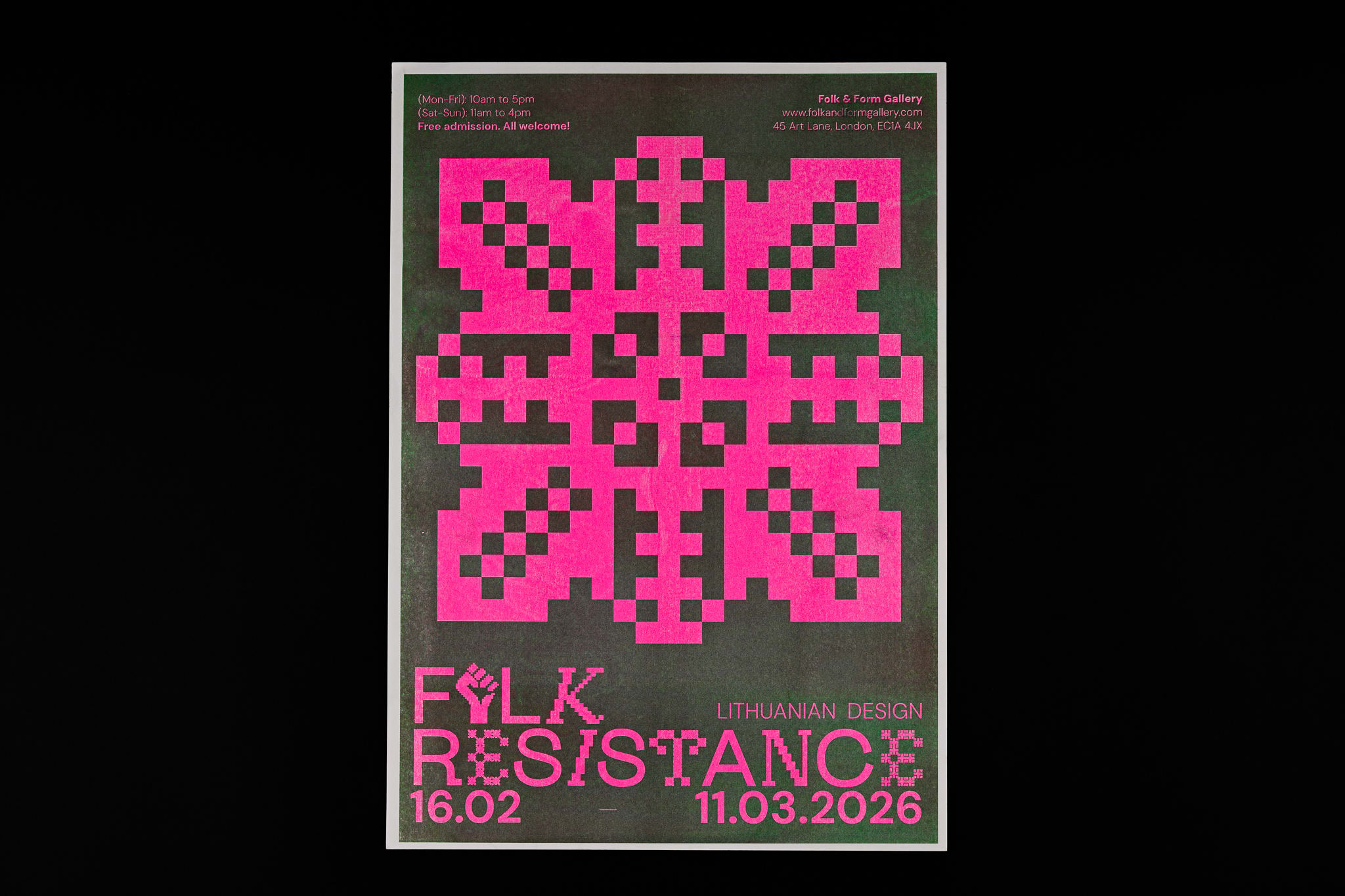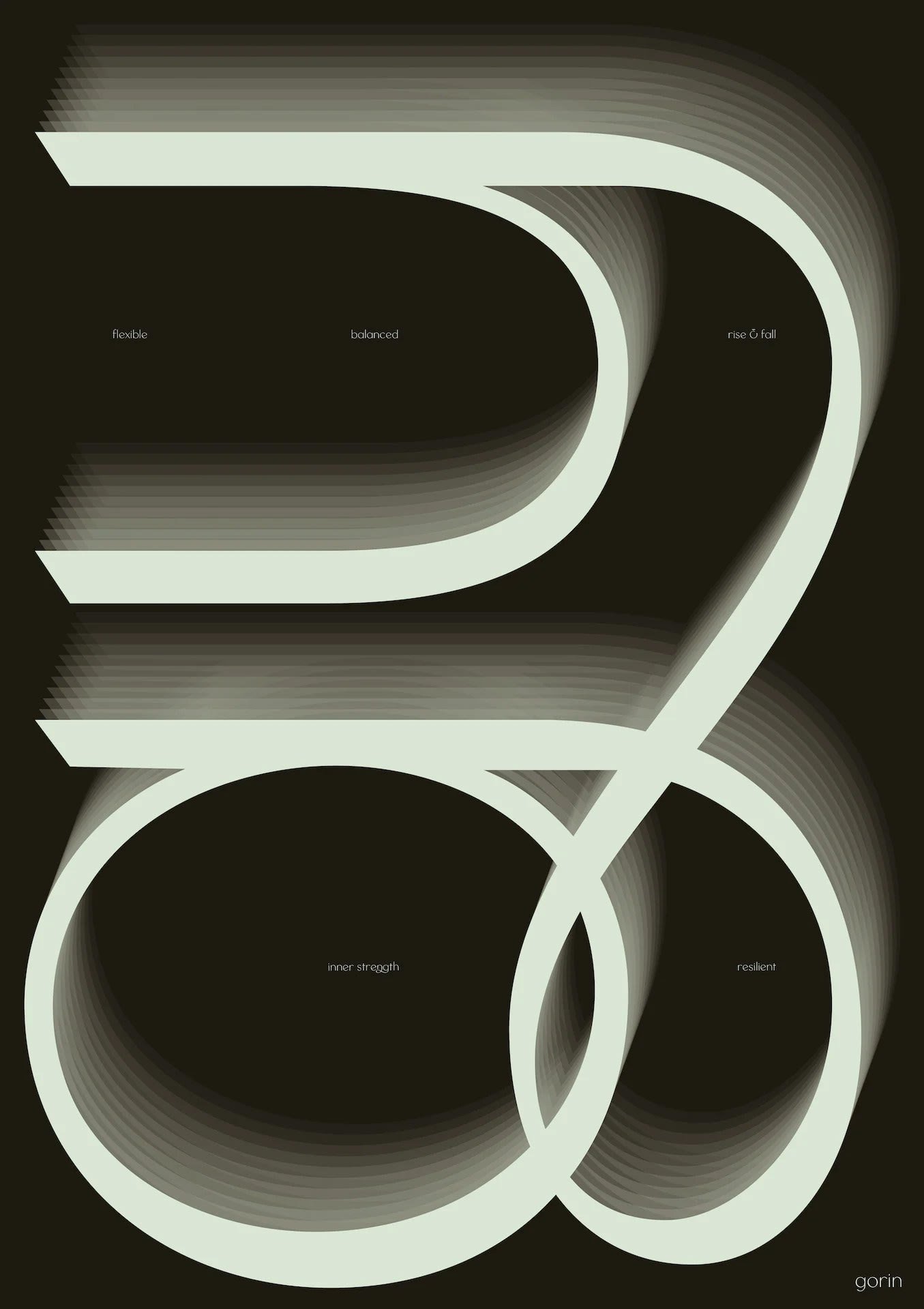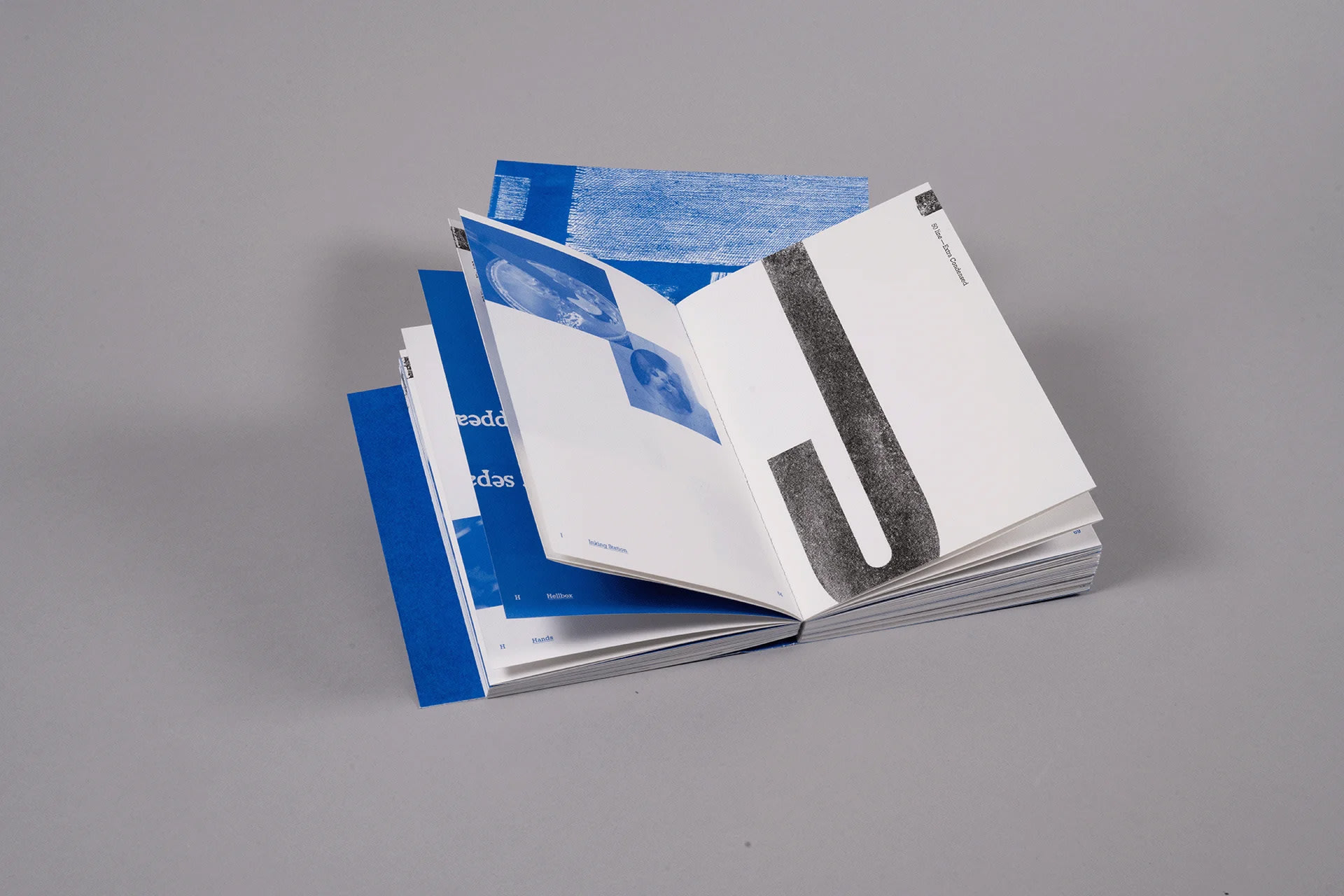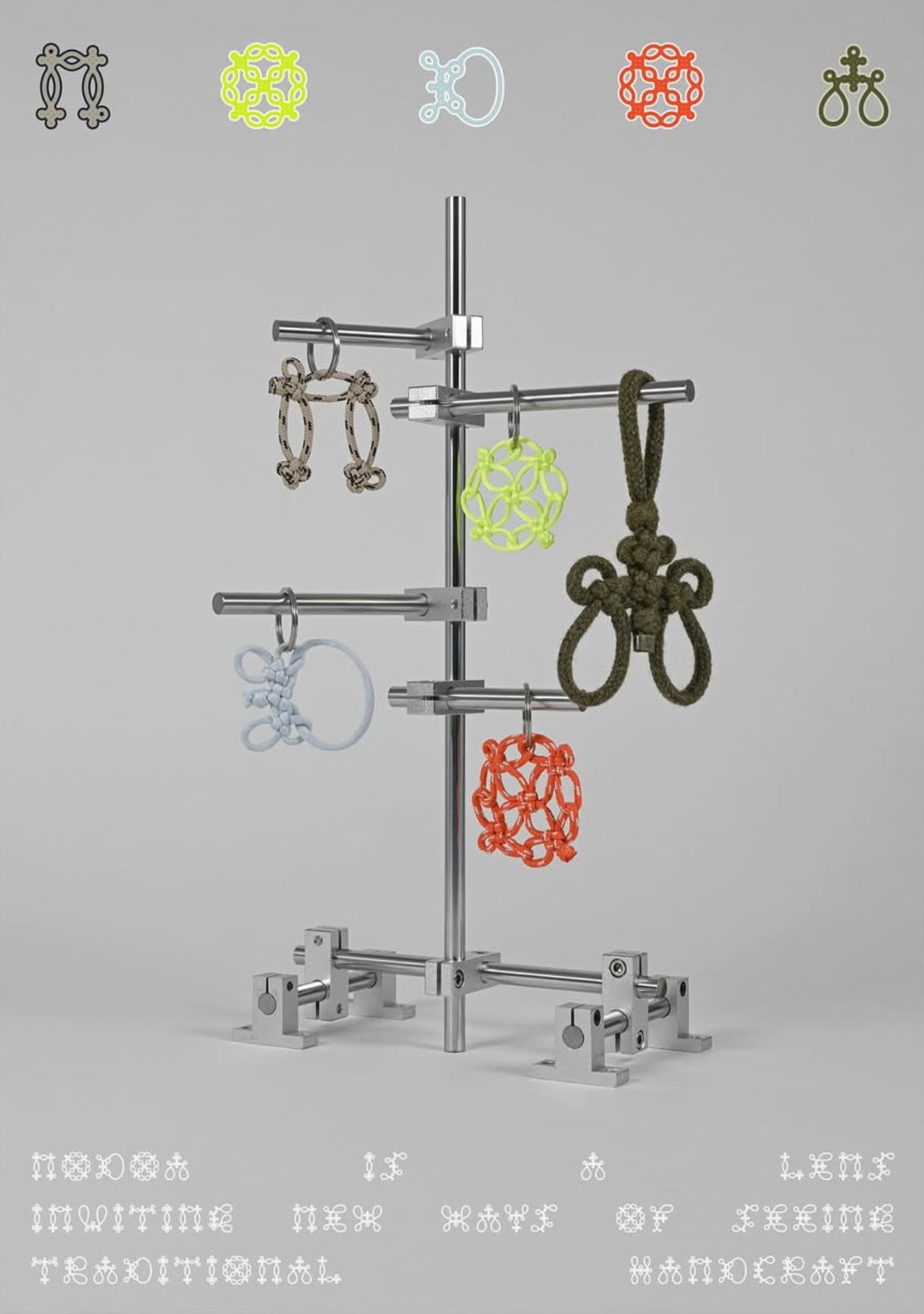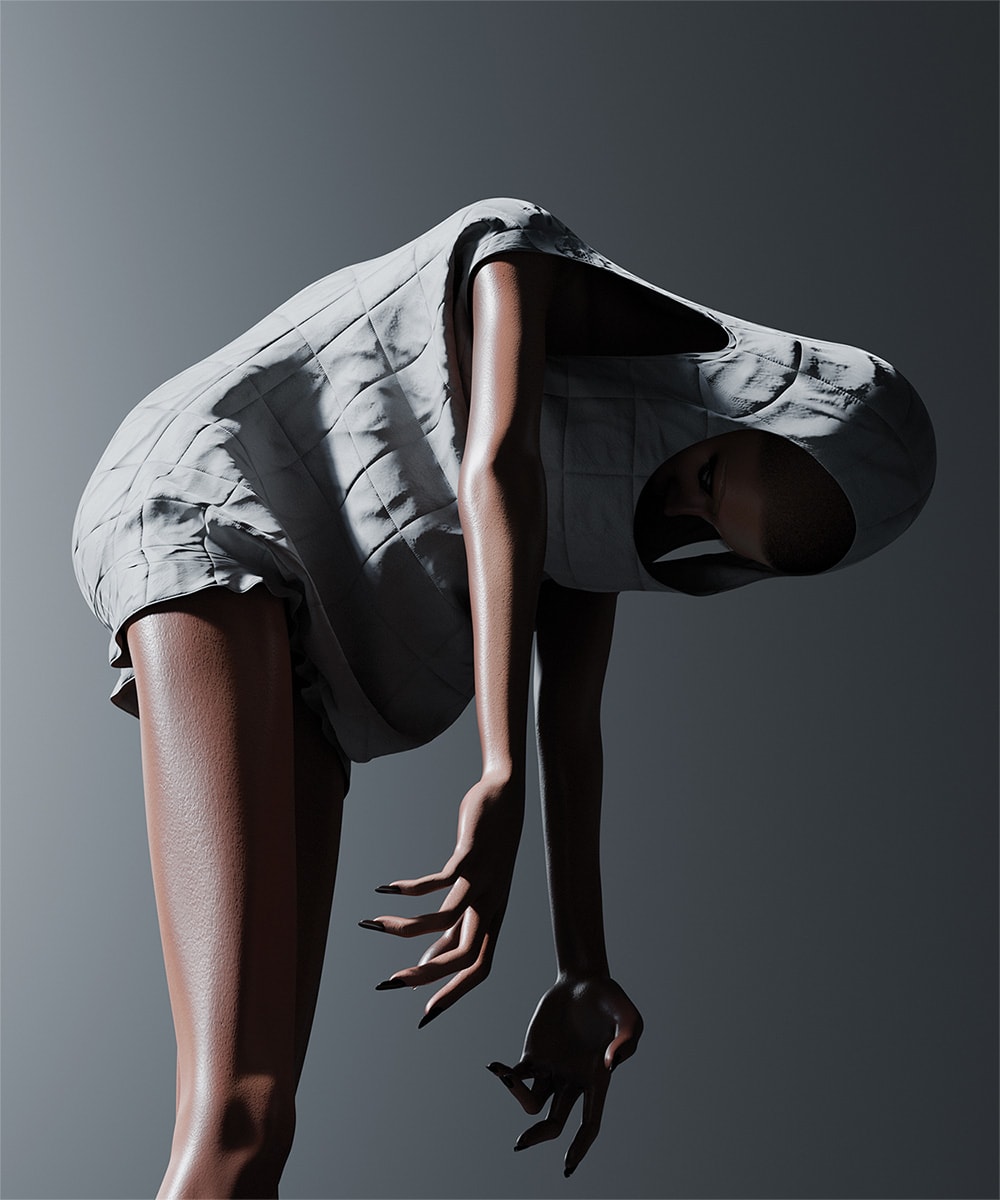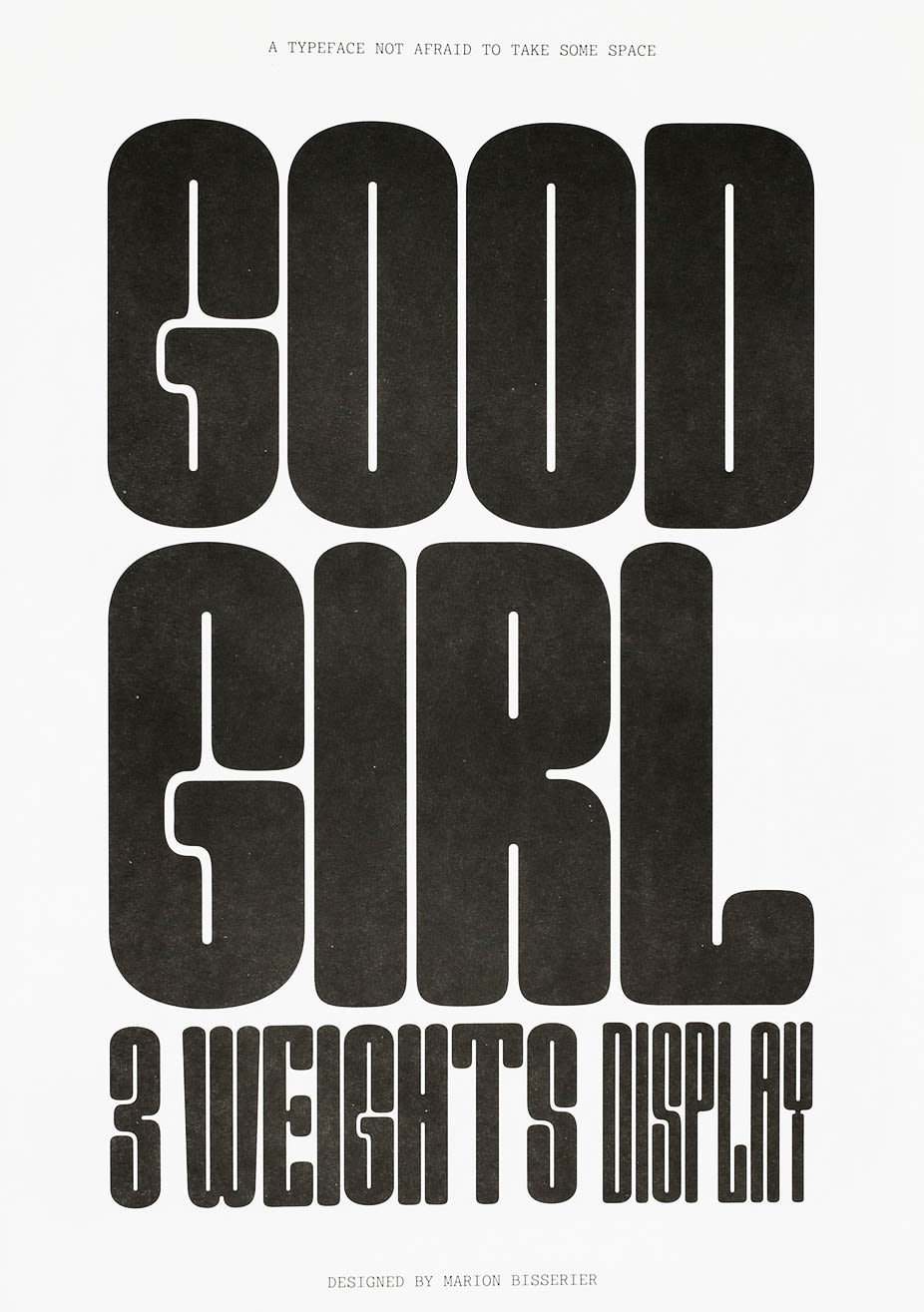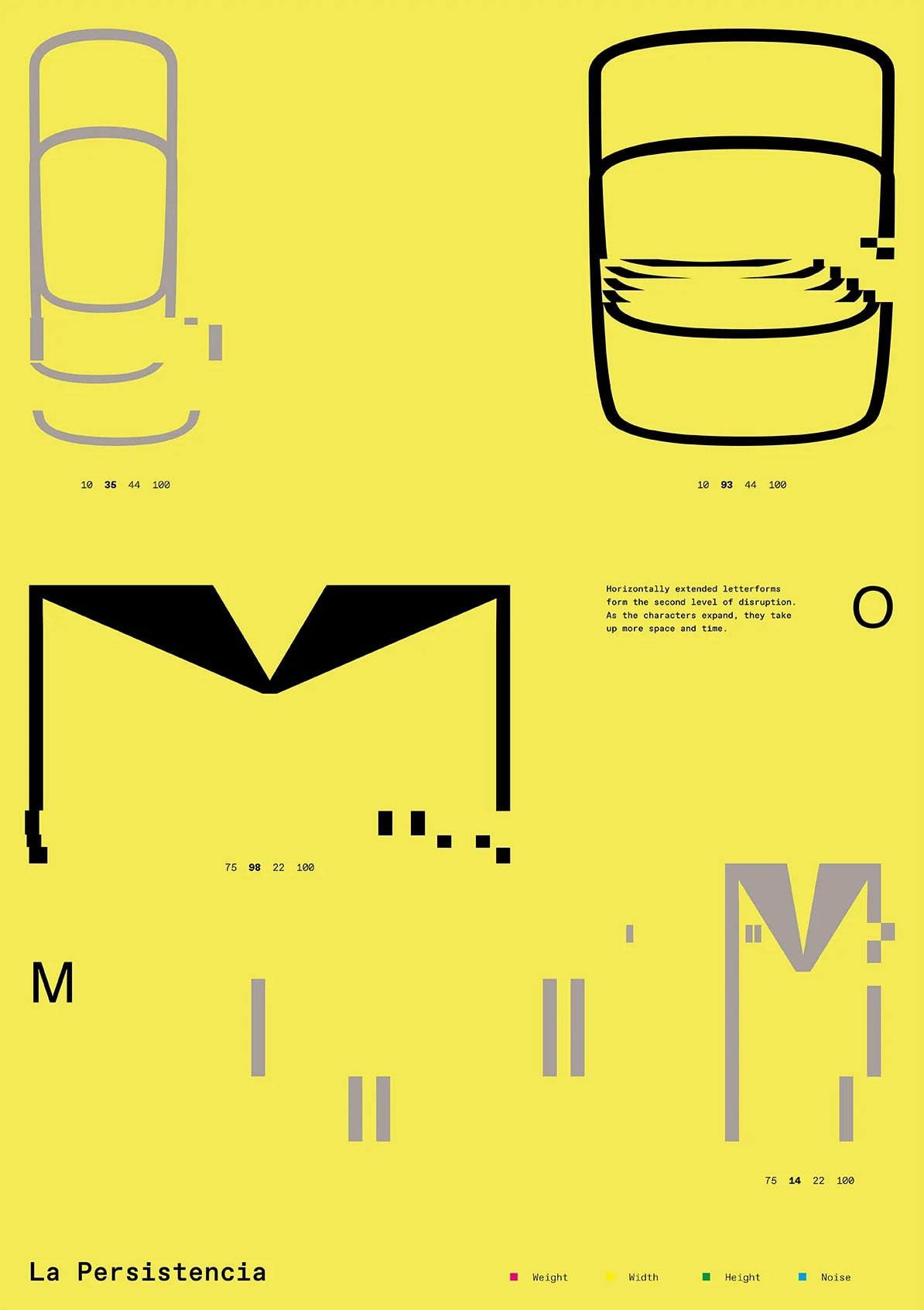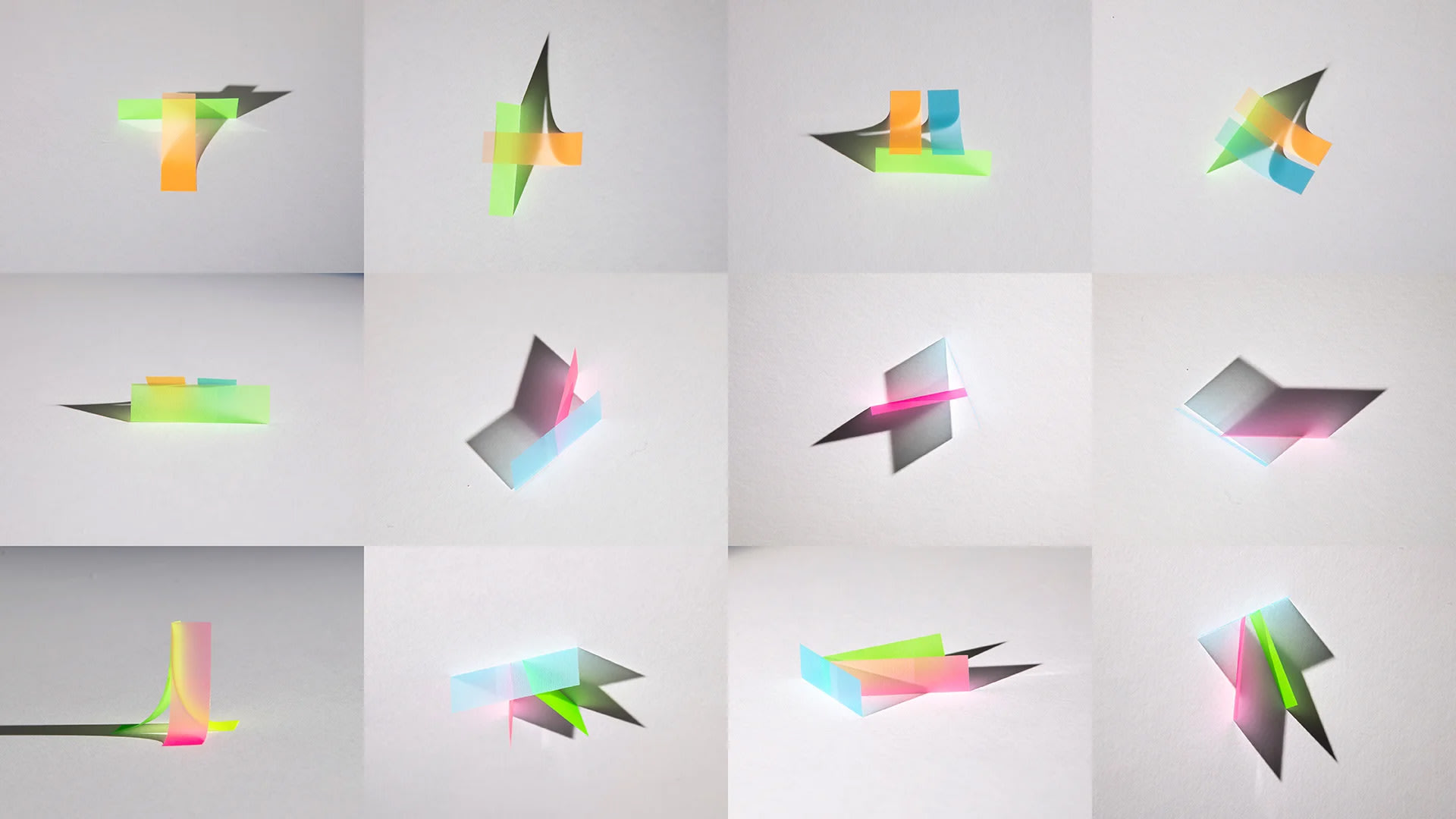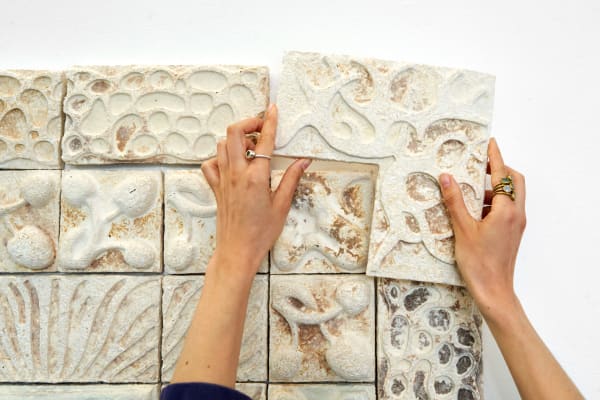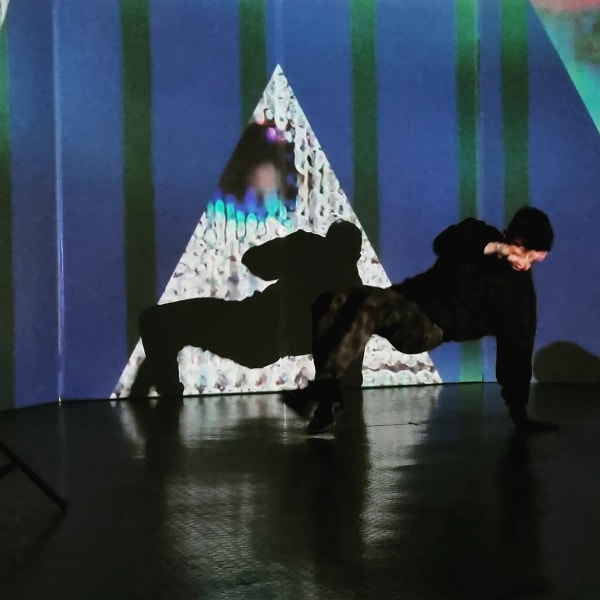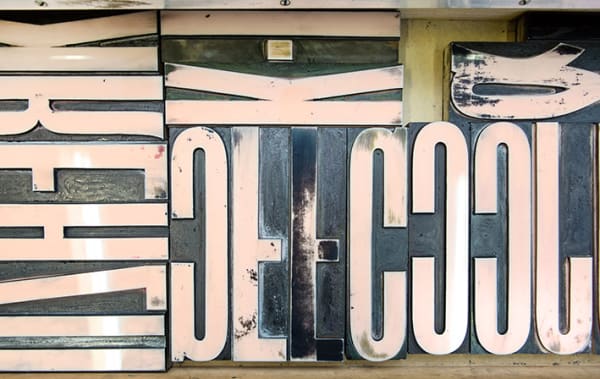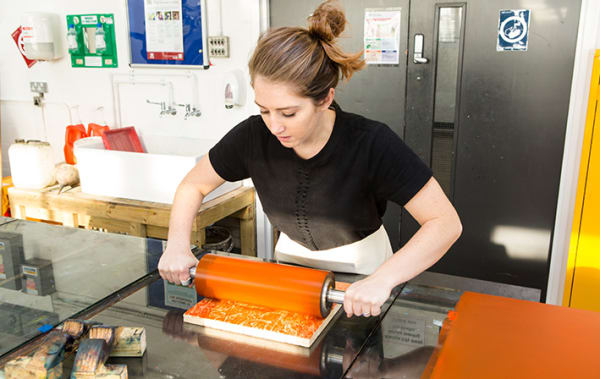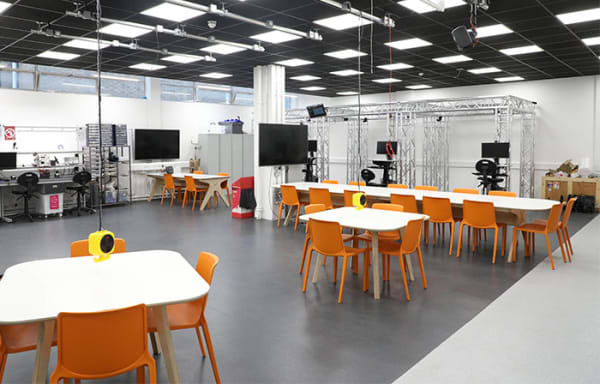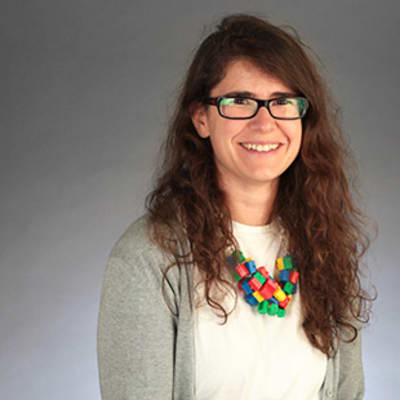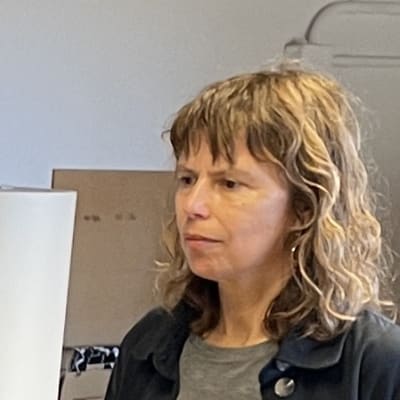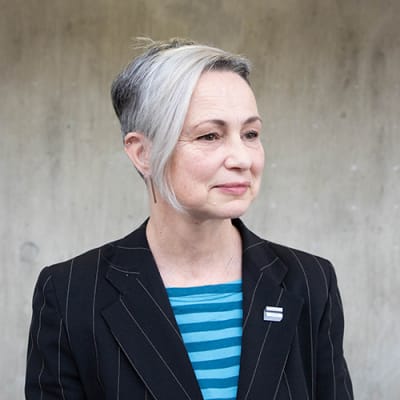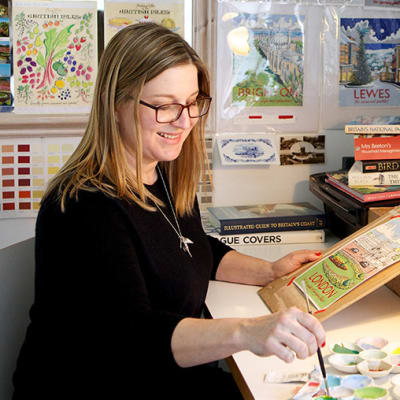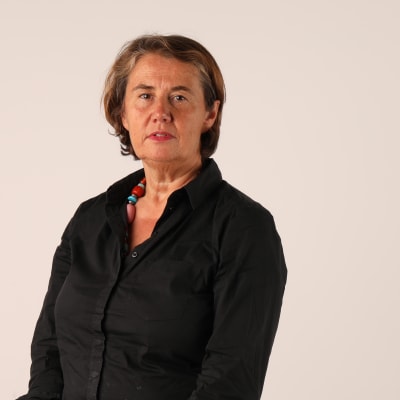Course units
In response to the Climate Emergency, UAL has embedded responsible practices within the curriculum. The course has been created in line with social, racial and environmental sustainability principles that ensure teaching and learning reflect the urgent need to equip you with the understanding, skills and values for ethical practice and empower you to work towards an equitable future.
The BA (Hons) Graphic and Media Design course is dedicated to promoting creative practice and integrating responsible ways of working into the curriculum. With a strong focus on creative practice, our commitment is to equip you with the essential knowledge, skills, critical judgment and values needed to actively contribute to the wider creative community. To achieve this, the structure of the units prioritises creative practice while fostering responsibility and ethical practice. This initiative aligns with the University of the Arts London's resolute dedication to infusing principles of climate, racial, and social justice into its educational offerings.
While all the units within the course are compulsory, this structure ensures that every student acquires a comprehensive understanding of the subject. Within these units, there exists a range of flexibility. Units present you with a diverse selection of briefs, projects and outputs, encompassing a wide array of approaches, methods and technologies. This approach allows you to tailor your learning experiences to a specific practice defined by you.
Subject specialist tutors play a vital role in this process, collaborating to offer a variety of learning opportunities that cater to the unique needs and aspirations of each student. This ensures that your educational experience is not only comprehensive but also personally enriching, diverse and empowers you to explore and excel in your chosen path within the field, while responsibly contributing to the creative community.
Year 1 (Level 4)
Introduction to Graphic and Media Design (20 credits)
This unit introduces you to the study of graphic and media design through practice and theory. In addition, the core of this unit introduces you to workshops and technical spaces.
Processes and Methods (40 credits)
In this unit you will build on ‘Introduction to GMD’ to develop core conceptual and technical skills of working in design through projects.
Responsible Design (20 credits)
This unit explores responsible design by examining its influence on and by the design process including how ethics and cultures shape design choices. You will analyse principles to debate responsible design within the diversity of practice.
Design Exploration in Context (40 credits)
In this unit you will put into practice the ideas, concepts, and critical approaches you have acquired in the preceding unit by working on project assignments to demonstrate your understanding of the subject matter.
Year 2 (Level 5)
Ways of Working (40 credits)
You will be introduced to specialised areas of graphic and media design, encompassing a wide range of approaches that explore the use of both established and emerging technologies with a critical perspective.
Professional Practice (20 credits)
This unit gives you the opportunity to collaborate with design students from other courses on a live industry brief.
Design Cultures (20 credits)
In this unit, you will explore a thematic area of your choice within Design Cultures, questioning established narratives and developing your critical voice. You will explore knowledge at the boundary of your design discipline, evaluating diverse ideas and practices in relation to your chosen thematic area.
Situating Practice (40 Credits)
Through self-directed project assignments, you will focus on enhancing your learning and skills to nurture your distinctive approach, self-guidance, exploration, and critical judgment.
Year 3 (Level 6)
Self-Initiated Research Project (40 credits)
During this unit, you will organise and conduct a research project encompassing identifying, collecting and analysing diverse sources. This unit will enable you to develop a comprehensive intellectual perspective that actively engages with broader discussions within the subject matter.
Positioning in Design (20 credits)
This unit centres on your major project's strategic placement and foregrounding within a broader and critically significant context. Also, preparing and positioning your portfolio to showcase your work is necessary.
Major Project (60 credits)
Your Major Project is the culmination of the course where you produce and showcase your practice based on the core skills, specialisms, technologies, and theories you have learned and chosen to focus on. It also refines your portfolio, ensuring a compelling showcase of your work.
Optional Diploma between Years 2 and 3
Between Years 2 and 3 of your course, you’ll also have the opportunity to undertake one of the following qualifications:
Diploma in Professional Studies (DPS) (Optional)
This optional diploma can be taken between years 2 and 3. With support from your tutors, you’ll undertake an industry placement for a minimum of 100 days/20 weeks. As well as developing industry skills, you’ll gain an additional qualification upon successful completion.
Diploma in Creative Computing (Optional)
Between years 2 and 3, you can undertake the year-long Diploma in Creative Computing. This will develop your skills in creative computing alongside your degree. After successfully completing the diploma and your undergraduate course, you’ll graduate with an enhanced degree: BA Hons Graphic and Media Design (with Creative Computing).
